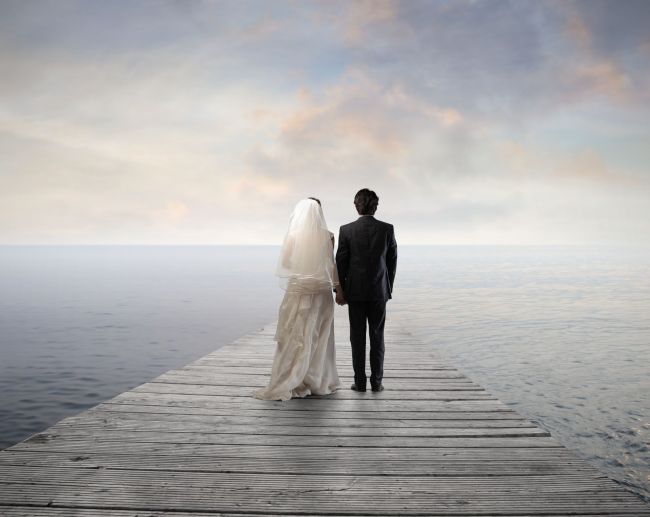Almost 90 percent of single Koreans think the government should provide special policies for those who wish to get married, and the largest proportion of them think the measures should tackle limited job security among young employees, a survey showed Thursday.
According to the study by the Korea Institute for Health and Social Affairs, 86.3 percent of the surveyed single men and 87.7 percent of surveyed single women said there should be government policies so those who would like to get married can do so without facing too many challenges. The study surveyed 2,383 single Koreans aged 20-44 last year.
Among the surveyed men, the largest proportion of them, 32.6 percent, said ensuring job security for more workers should be included in such “marriage” policies, followed by 27.4 percent who said the government should provide funds for newlyweds for housing.
 |
123rf |
At the same time, 23 percent said the policies should focus on combating youth unemployment, while 6.5 percent said the government should come up with measures to change the nation’s wedding culture, which often requires couples’ parents to finance housing and the cost of wedding ceremonies.
Most of the surveyed Korean women also felt the same way, with 28.6 percent saying the nation should tackle job security among young workers and 24.1 percent saying the country should support newlyweds struggling to find housing. Some 20.3 percent of them also said there should be government regulations against the workplace discrimination of married individuals.
“It looks like for single Korean women, there are three problems when it comes to employment,” wrote Lee Sam-sik, who organized the research for the think tank.
“One is potential unemployment, the second is limited job security and the third is disadvantages they face as married women both in the job market and workplace.”
South Korea’s increasing number of late marriages is one of the biggest factors behind the low fertility rate, which stands at 1.21 children per women.
As single parenthood, especially of unwed women, is often socially stigmatized here, Korea has one of the lowest out-of-wedlock birthrates in the world, marking 2.1 percent as of 2010. The figure is significantly lower than other countries like Ireland (64.1 percent) and Norway (55 percent).
This means most Koreans do not generally have children unless they are married, but those who put off marriage have increased dramatically.
More than 50 percent of Korean men born between 1976 and 1980 were single for the period 2006 to 2010, whereas only 13.9 percent of those born between 1956 and 1960 were not married at that age, according to Statistics Korea.
While the youth unemployment rate has been soaring, Korean couples spent an average of 238 million won ($215,000) on their wedding ceremonies in the last two years, according to wedding consulting firm Duowed. Meanwhile, the average annual income of a young university graduate and a full-time employee is 30 million won.
To encourage more Koreans to get married -- and eventually boost the low fertility rate -- South Korea has been implementing a number of measures, including matchmaking services as well as state-funded “small weddings” in which couples can use public properties as wedding venues at a cost ranging from 200,000 won to 300,000 won.
By Claire Lee(
dyc@heraldcorp.com)







![[Today’s K-pop] Blackpink’s Jennie, Lisa invited to Coachella as solo acts](http://res.heraldm.com/phpwas/restmb_idxmake.php?idx=644&simg=/content/image/2024/11/21/20241121050099_0.jpg)
